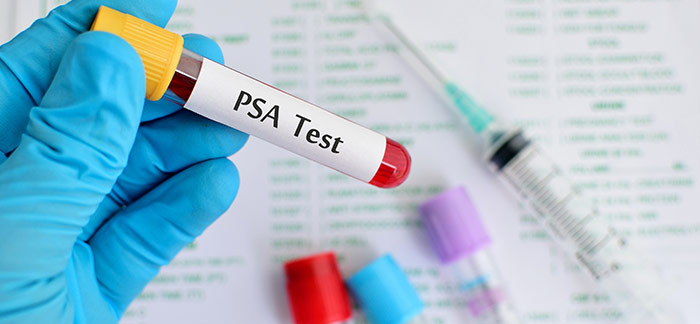|
Gentlemen, you need to put health back on your radar and not wait until you are actually diagnosed with something serious before you take the time for preventive screenings.
Although blood pressure, cholesterol, diabetes and eye tests are important, there are several other tests that can give you early warning signs about potentially fatal diseases.
You may not like to talk about it but prostate, colon and testicular cancer screening should be at the top of your list and, in sunny South Africa, skin cancer is also a concern.
The tough thing about prostate cancer is that, well, it’s about your prostate and it’s about cancer. Two topics that are not easy to discuss in public and, if you put the two together, you can see why so many men simply ignore the possibility of problems. However, it is not wise to ignore taking care of this aspect of your health because a substantial number of men - one in eight over the age of 50 - may develop prostate cancer, more than any other cancer.
|
|

|
|
Medical research suggests you go for a prostate examination from the age of 40 if you have a family history of prostate or breast cancer. Otherwise, go from the age of 50. From then on, go every second year or as your doctor recommends.
Demographics also count here: statistically, certain race groups are more at risk of developing this cancer and should head for that prostate check-up at a younger age, preferably from 40.
Once you’ve booked your appointment, here is what to expect: first up is a PSA, or prostate-specific antigen, test. This is a blood test that measures levels of PSA in the blood, given as nanograms of PSA per millilitre (ng/mL) of blood.
If your PSA is high, or on the increase, it may show prostate cancer. However, it may also reflect some other medical condition such as an enlarged prostate, or a urinary tract infection, that are not cancer-related so look at it as an early warning system.
In addition, if you know your PSA is high, you can work on changing those bad habits which could predispose you to developing cancer when you are older. Such as smoking, drinking too much alcohol, eating an unhealthy diet, a lack of exercise and being obese are all bad news for people wanting to avoid cancer.
|
 |
|
Many men put off their visit to have their prostate checked because of the physical exam. It’s not pleasant but in fact this part of the exam is over pretty quickly and could make the difference between being in charge of your health and serious illness.
There is now also the possibility of a urine test which measures the activity of a gene called PCA3, which is unusually active in prostate cancer. Unfortunately, it does not negate the need for the physical exam.
You may like to discuss the PCA3 test with your urologist as it is not yet widely available, and research is ongoing to see how well it works.
The disease takes a long time to develop so early detection increases your chance of survival. There is also a wide range of treatment options including surgery, chemotherapy, radiation, immunotherapy and cryotherapy among other interventions.
Armed with the right knowledge, you can join the fight to defeat prostate cancer by starting with your own body. So, man up and go for a preventive screening – it truly can be a life-saver.
|
|

